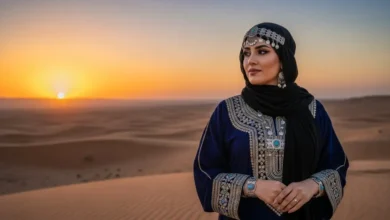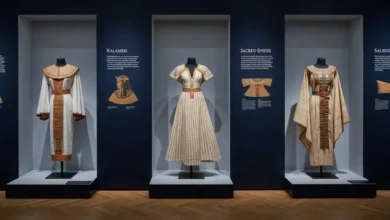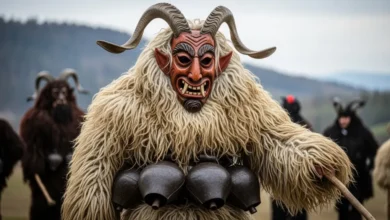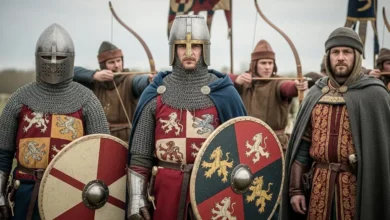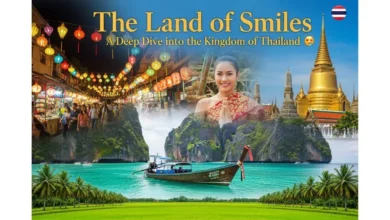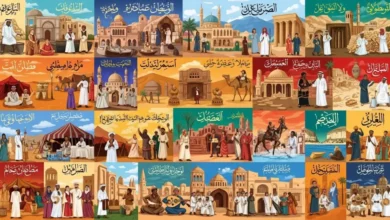Year: 2025
-
Egypt

Threads of the Nile: A Regional Guide to Egyptian Cultural Dress 🇪🇬
Egyptian Cultural Dress by Region: Nile Delta, Upper Egypt and Bedouin Styles When we think of “Egyptian dress,” our minds…
-
Egypt

Ancient Egyptian Clothing: Shendyt, Kalasiris and Symbolic Accessories
Woven in Light: The Shendyt, Kalasiris, and Sacred Dress of Ancient Egypt ✨ Step from the blinding desert sun into…
-
Blog

10 Folk Costumes So Strange They’re Hard to Believe
Unraveling the Unbelievable: A Tour of 10 Strange Folk Costumes Clothing is more than a covering; it’s a second skin…
-
Blog

Threads of Conquest: The Practicality and Power of Norman Clothing 🛡️
Listen. Can you hear it? It’s the rhythmic clang of iron mail on a padded gambeson, the soft whisper of a wool…
-
Blog

Woven in the Arctic Light: The Living Language of the Sámi Gákti ❄️
Imagine a vast expanse of tundra under the ethereal glow of the Northern Lights, or the endless daylight of a…
-
Blog

Forgotten Fashion Revival: Unlock Timeless Style Secrets Now!
Vintage is the New Vogue: Your Guide to Reviving Timeless Style Secrets In the relentless, high-speed chase of the next…
-
Blog

Traditional Clothing Decline: Why Our Heritage Is Vanishing
The Unraveling of Culture: Why Traditional Clothing Is Disappearing 💔 Look at a crowd in any major city in the…
-
Blog

The Land of Smiles: A Deep Dive into the Kingdom of Thailand 🇹🇭
Woven in Gold: The Story of Thailand’s Monarchy, Faith, and Culture Imagine a land where the gleaming gold of an…
-
Blog

Celebrating Dad: A Global Look at Father’s Day Traditions and Why They Matter 👨👧👦
More Than a Tie: The Powerful History and Meaning of Father’s Day ❤️ Think of the smells of freshly cut…
-
Different Cultures

Cultural Diversity in Arab Countries
Beyond the Monolith: A Journey into the Rich Diversity of the Arab World 🌍 Breathe in. Can you smell it?…

